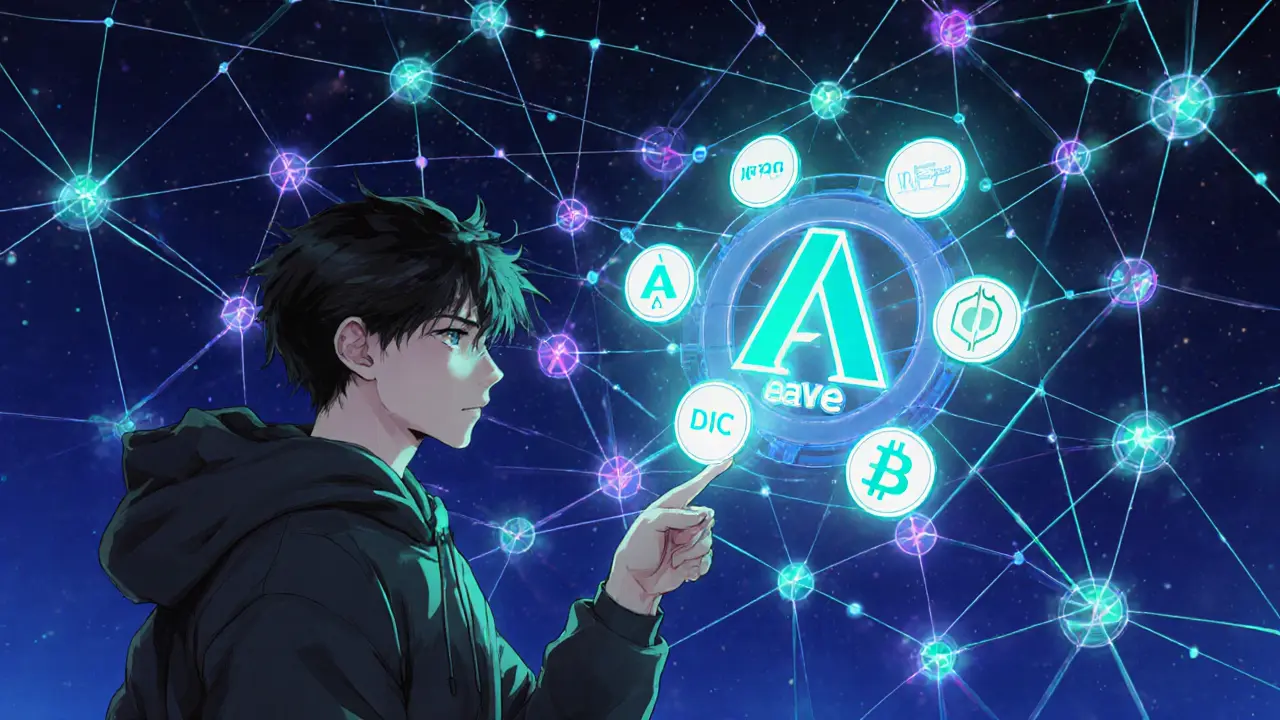Smart Contracts
When working with Smart Contracts, you’re dealing with smart contracts, self‑executing code that runs on a blockchain and enforces agreement terms without a middleman. Also known as programmable contracts, they trigger actions automatically when predefined conditions are met. This eliminates the need for manual verification, cuts costs, and speeds up transactions across finance, supply chain, gaming and more. Because the code lives on a public ledger, anyone can audit it, yet only the agreed outcomes can change the state. In short, smart contracts bring code‑level certainty to agreements that were previously handled by people or institutions.
The trust layer comes from blockchain, a distributed, immutable ledger that records every contract execution. On top of this layer, developers build dApps, decentralized applications that use smart contracts to provide services without a central server. When a dApp calls a contract, the contract verifies inputs, updates balances, and writes the result back to the chain. This interaction enables tokenization, the process of turning real‑world assets into digital tokens that can be programmed, transferred and fractionalized. Tokenized assets—like real estate, art or carbon credits—often use smart contracts to automate ownership changes and royalty payouts. Finally, DeFi, decentralized finance platforms that replace banks with code‑driven protocols relies heavily on smart contracts to lend, borrow, trade and earn yield without intermediaries. Together, these entities form a tight ecosystem where blockchain provides security, dApps deliver user experiences, tokenization expands use cases, and DeFi unlocks new financial models.
Why smart contracts matter today
Businesses adopt smart contracts because they reduce settlement time from days to seconds, cut compliance expenses, and provide transparent audit trails. Engineers choose them for automated payouts—think royalty splits for creators or escrow for freelancers—because the contract enforces the rules without needing a lawyer to intervene. Investors watch tokenization projects closely; a well‑written contract can handle dividend distribution, voting rights, and secondary market transfers, all in one place. In the DeFi world, protocols like automated market makers and lending pools are nothing more than collections of smart contracts that manage liquidity and risk algorithmically. Meanwhile, developers experiment with cross‑chain bridges, where contracts on one chain trigger actions on another, expanding the reach of decentralized services.
All of these trends converge on the same principle: code can replace trust. Whether you’re a trader eyeing a new yield farm, a founder tokenizing a product line, or a gamer exploring blockchain‑based loot, the underlying smart contracts dictate what’s possible and how safely it works. Below you’ll find a curated set of articles that dive deeper into each angle—energy‑sector blockchains, staking calculators, NFT airdrops, exchange reviews, regulatory updates and more. Keep reading to see how smart contracts shape the topics that matter most in the crypto space right now.
